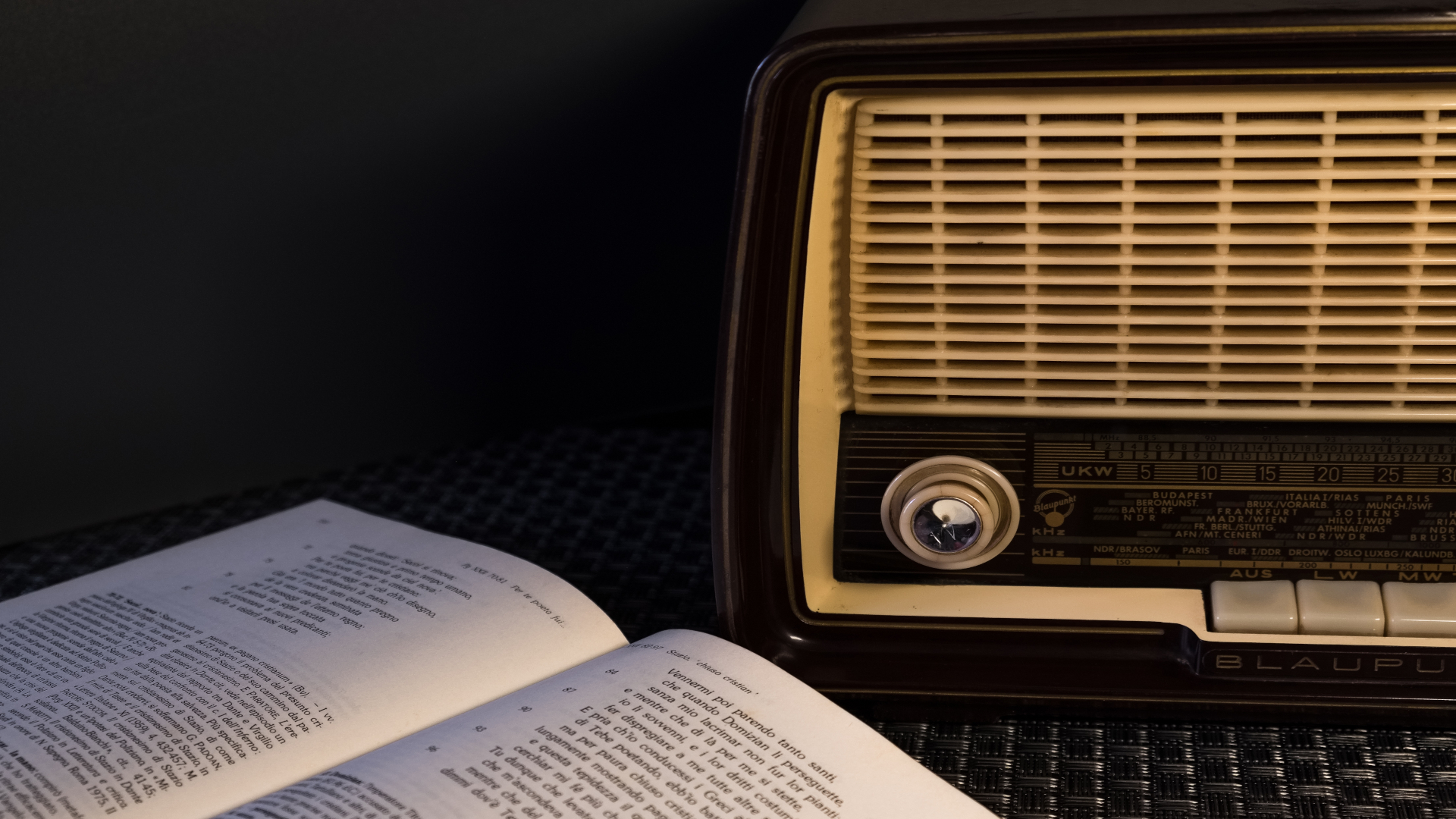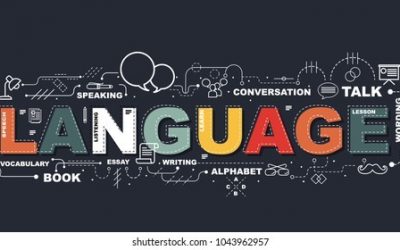A review of the invigorating discussion on the 2021 BBC 4 popular radio programme, Poetry & I, where poets such as Jay Bernard discuss the complexities of the first-person pronoun, the lyric “I”, for poets from marginalised backgrounds.
‘What is this world? Who made it like this? Why? Who am I within it?’ Jay Bernard asks in their BBC 4 radio programme, ‘Poetry & I’, which probes complexities of the first-person pronoun, the lyric “I”, for poets from marginalised backgrounds. Definitions of the lyric and the lyric “I” don’t come to consensus readily. What might be agreed on, however, is that the lyric as poetic form has dominated Western literary canons throughout history and in that process, has been enmeshed within unjust relations of power. Joined by four contemporary poets (Sandeep Parmar, Harry Josephine Giles, Nuala Watt and Claudia Rankine), Bernard’s rumination on the lyric “I” asks us to critique those structures of power shaping poetry to this day, as each poet shares readings of their work, as well as thoughts on what the lyric “I” might mean for those ‘speaking from the edges of experience’.
For Nuala Watt, the lyric “I” expresses her agency as a form of defiance – as protest against the fetishisation she recognised in mainstream poetry addressing disability. Watt’s poem, ‘The Eye Chart’, depicts the experience of being examined in a doctor’s office as a partially-sighted person. The poem’s lyric “I” expresses the frustrations and contradictions felt between the constraints of the eye chart – its cold condemnation of the speaker’s supposed failures – and her own self-knowledge which articulates a vision of expansive, alternative possibility. Watt spurns the authority of the eye chart’s measurements:
No way. I still believe my eyes
can hold a solar system, catch all the lights,
deliver to the doctor alphabets
as small as atoms.
This sense that the simple act of speaking from the first-person is in itself a radical assertion of power for minoritised poets is an idea expanded on by Claudia Rankine:
‘Black and brown poets are finally allowed to speak for themselves. Their “I”s are being given space to hold the nuances and the difficulties around representing a life where that “I” was under duress.’
Whilst Bernard’s programme rightly celebrates the vindication of minoritised voices, it also bears witness to the enduring struggle and pain experienced by those living with difference, attesting the continuation of the ‘duress’ Rankine refers to. Sandeep Parmar has written extensively as an academic on the state of British lyric poetry, particularly with regard to racism, race relations and “identity politics”. She highlights the literary establishment’s normative expectation that the lyric “I” is to be used as a kind of blank space – as a universal persona that requires the poet of colour to depersonalise their difference, or otherwise perform their difference in ways palatable for dominant whiteness. Writing in the LA Review of Books in 2015, Parmar illustrated how ‘a mostly white poetic establishment prevails over a patronising culture that reflects minority poets as exceptional cases – to be held at arms’ length like colonial curiosities in an otherwise uninterrupted tradition extending back through a pure and rarefied language.’
Parmar’s argument is echoed in Harry Josephine Giles’ anxieties about the dynamic of power at play between their authorship and the gaze of a dominant cis readership. They describe their poem, ‘Wether’, as reflecting ‘the near impossibility of figuring out what you want and need as a trans person’ when those desires and needs are ‘so made up of everyone else’s expectations of you.’ ‘Wether’ is a viscerally embodied poem of self-searching which speaks to the oppressive violence that is inflicted against an emergent lyric “I”; where the ‘tought dri itchn and brused surfaces/ o me boddy’ accumulates injuries that, as for all the poets featured in this programme, reflect a lived reality of physical, psychological and social violence.
For Jay Bernard themselves, navigating this conflicted, uneasy space of the lyric “I” offers room to explore identity through creative instability and multiplicity. These ideas are central to their award-winning poetry collection, Surge – the result of Bernard’s residency at the George Padmore Institute, an archive of black British history. Surge presents a rousing and devastating collection of voices drawn from the 1981 New Cross massacre – a fire at a house party which killed thirteen young black people and whose cause to this day remains unresolved. In these poems, Bernard inhabits the lyric “I” as a ‘shape-shifter’ and time-traveller, layering bodies and voices from history with their own personal experiences as a queer black person, living through the recent past of Grenfell and the Windrush scandal. This haunting and haunted fluidity through which Bernard embodies various “I”s is one way they re-examine the first-person pronoun as ‘counterpoint to the reductive account of life we’re meant to believe’.
Bernard’s reading from Surge in particular highlights that these poets aren’t asking us to read their work as though they are giving us intimate access to their private diaries, or to take their writing as wholly autobiographical. But part of the power of the lyric “I” is that it can resist the urge we might get when reading poetry to decode the language, as though the writing needs to be translated somehow into our own conceptions of intelligibility. It strikes me that it pays to look for falseness and artifice in this world where suspicion towards sincerity runs deep. Listening to these poets meditate on the struggles and joys surrounding their lyric “I”s is a simple yet essential reminder to hear the real human beings that live and have lived those “I”s; to appreciate how the truths these “I”s express, coming from places of otherness, have power to repair the ways we see the world. As Bernard’s introduction to Surge proclaims, and this programme so thoughtfully demonstrates, the lyric “I” offers valuable ways for us to say, ‘I am from here, I am specific to this place, I am haunted by this history but I also haunt it back.’
Links to read or listen to some of the poems read in this programme:
https://poets.org/poem/citizen-vi-i-knew-whatever-was-front-me-was-happening
https://www.poetryinternational.org/pi/poem/30046/auto/0/0/Harry-Josephine-Giles/Wether/en/tile







